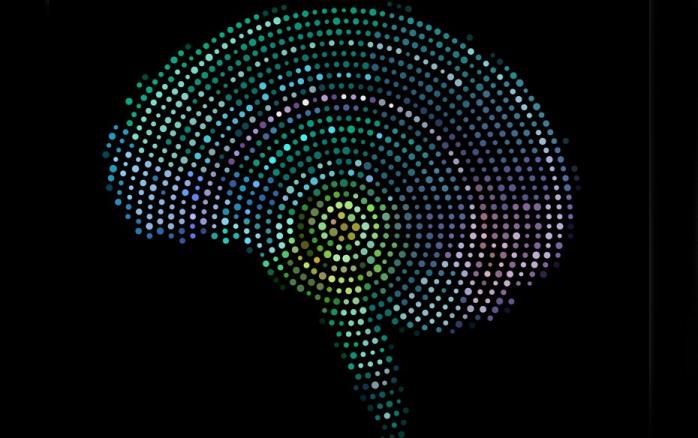----
Scientists call for network of "brain observatories" to accelerate neurotechnology research and innovation
// SharpBrains

A national network of neurotechnology centers for the BRAIN Initiative (press release):
"The authors of the original proposal for the Brain Activity Map (BAM) Project, which inspired the White House's BRAIN Initiative, issued today a position statement in Neuron proposing the creation of a national network of neurotechnology centers. These "brain observatories" would enhance and accelerate the BRAIN Initiative by leveraging the success and creativity of individual laboratories to develop novel neurotechnologies.
The authors present evidence of past success of existing national center-scale science efforts such as those sponsored by the Department of Energy (DOE) with the Human Genome Project where the rate of return on investment was both economically impressive and scientifically invaluable.…They raise the question: why are neuroscientists are still expected to work in isolation in the 21st Century?
The BAM authors propose a network of national Neurotechnology Centers as centralized "hubs" to coalesce cross-disciplinary efforts from a spectrum of participants in academic labs, corporate partners and public and private research institutes."
Statement: A National Network of Neurotechnology Centers for the BRAIN Initiative (Neuron)
- Summary: We propose the creation of a national network of neurotechnology centers to enhance and accelerate the BRAIN Initiative and optimally leverage the effort and creativity of individual laboratories involved in it. As "brain observatories," these centers could provide the critical interdisciplinary environment both for realizing ambitious and complex technologies and for providing individual investigators with access to them.
- From the full text: … From the Several center-scale efforts in neuroscience have recently been embarked upon by private research foundations, such as the Allen Institute for Brain Science and the Howard Hughes Institute Janelia Farm campus; in certain respects, these initiatives might serve as potential models. However, while private-sector efforts will no doubt remain important participants in national efforts, they are necessarily limited in scope and focus. They are unlikely to assemble, manage, and sustain the deep and wide efforts needed for nucleating the technological revolution that we believe is possible. In fact, because the neurotechnology centers we advocate will ultimately benefit society at large, we believe they should exist within the public domain and be managed as a national resource. Jump-starting such national centers will require consensus among researchers, federal officials, and private organizations; to achieve this, inspired public leadership will be essential.
----
Shared via my feedly reader

No comments:
Post a Comment